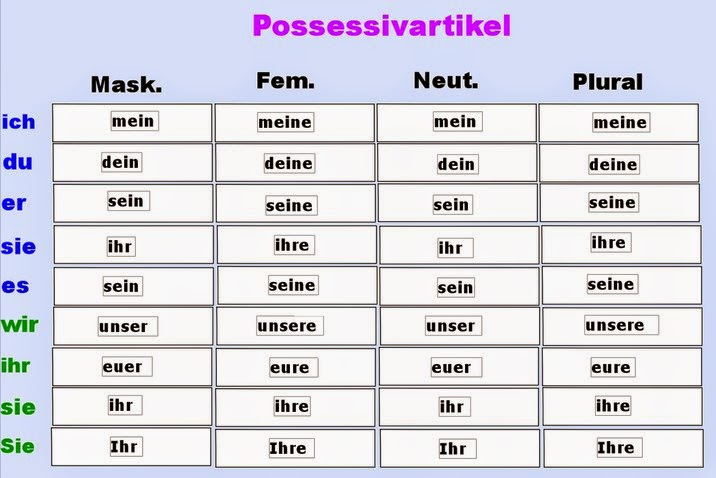There are four cases in the german language: nominative, accusative, dative and genitive. the cases are an important part of german grammar as they are responsible for the endings of adjectives , indefinite articles and when to use which personal pronoun .. Learn all about the dative case in german in this free online german lesson with easy-to-follow examples.so, once again, let's get straight to it. you now know that the subject of a sentence is in the nominative case in german and the direct object is in the accusative case , right? good!. Understand the german cases part 1- accusative, dative, nominative, genitive - learn german with 21 videos play all understand the 4 german cases - nominative, accusative, dative,.
There's no direct translation that explains why these verbs take a dative object, it's just an idiosyncrasy of german -- it's best just to memorize these verbs as requiring the dative, even though the following noun doesn't 'feel' like an indirect object.. This has been a quick introduction to what the german nominative and accusative cases look like, what they mean, and how to use them. simple foundational rules like these will be useful to know once you really start getting into learning german grammar.. Knowing when to use the dative and accusative in a german sentence is a major hurdle for many students. equally as important is the sentence structure when using the accusative and dative cases.compared to english, there are more options, depending on your word choice..



0 komentar:
Posting Komentar